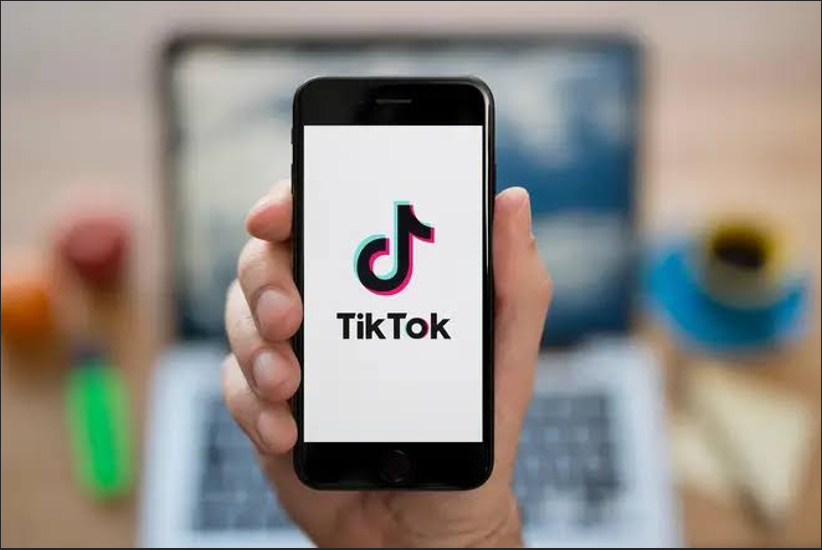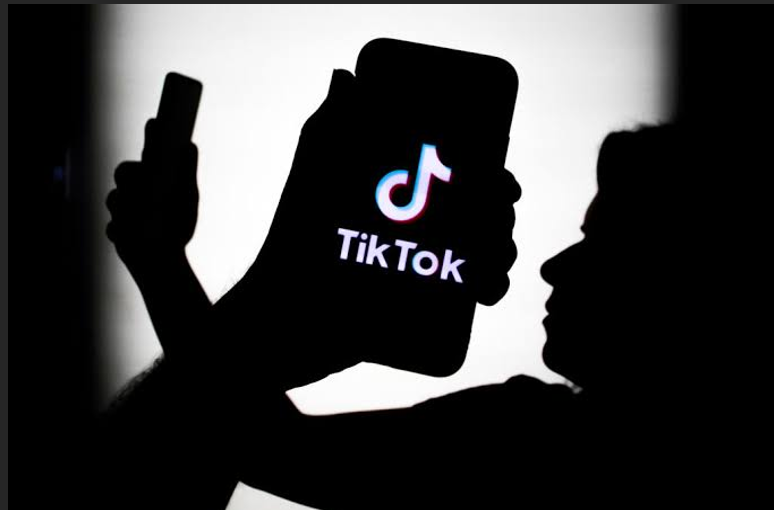TikTok’s Mental Health Problem Isn’t Just Trending—It’s Dangerous
From wellness hacks to life-changing “remedies,” TikTok has become a digital hub for mental health discussions. But a recent study reveals a darker truth: more than 50% of the platform’s most popular mental health TikToks contain misinformation.
Researchers analysing top trending TikToks tagged under mental health discovered that a significant number promote non-evidence-based advice, unverified treatments, and even potentially harmful behaviours—all packaged in engaging, influencer-driven content.
This growing trend of mental health misinformation TikTok content is stirring alarm among psychologists, medical professionals, and digital media analysts.
False Hope in a Scroll: From Showers to Supplements
Many of these viral videos don’t just present unproven tips—they blur the line between therapy and performance. Among the standout trends are:
- The “orange shower” for anxiety—where users claim standing under orange-tinted lights while imagining the scent of citrus alleviates panic attacks
- The growing push for saffron supplements for anxiety, often without medical backing or dosage guidelines
- Promoting magnesium glycinate as a cure-all for depression, anxiety, and even insomnia—despite limited scientific consensus
What’s most alarming isn’t just the popularity of these videos, but the vulnerable audiences consuming them—teens and young adults facing real mental health struggles.

TikTok videos claiming “quick anxiety fixes” like orange showers are misleading millions.
Credit: Alamy
Therapeutic Misinformation: The TikTok Algorithm’s Dangerous Affection
Unlike traditional health information platforms, TikTok thrives on engagement, not accuracy. Videos that elicit strong emotional responses—like anxiety, relief, or hope—tend to outperform reliable, nuanced content.
This means that therapeutic misinformation spreads more rapidly than verified advice from licensed professionals.
The study’s authors note that TikTok’s algorithm is a key driver behind the viral spread of bad advice. Because engagement equals visibility, users pushing pseudoscientific hacks—however well-intentioned—are rewarded with higher reach.
“When someone posts a sensational claim like ‘this supplement cured my anxiety overnight,’ it gets amplified—not fact-checked,” said Dr. Elise Tran, a Sydney-based clinical psychologist.
Why Are Young Users Turning to TikTok for Mental Health Support?
Experts say the appeal of mental health support online lies in its accessibility and relatability. Unlike clinical environments, TikTok offers comfort, relatability, and peer-based narratives. A teen struggling with anxiety may feel more understood by an influencer than a textbook or therapist.
However, that relatability is often mistaken for reliability.
There’s a growing concern that users are self-diagnosing based on short-form video content and bypassing formal mental health services altogether. In some cases, viewers are also replacing prescriptions or therapy with unregulated supplements or wellness trends found on TikTok.
Misinformation in the Age of Influence
The impact of this misinformation goes beyond harmless fads. Mental health professionals are now reporting an increase in clients arriving with pre-conceived diagnoses or expectations, informed entirely by social media.
“There’s this wave of what we’re calling ‘TikTok therapy culture,’ where people believe they’ve cured anxiety with herbal teas or isolated amino acids,” said Dr. Tran. “It trivialises the lived experience of those with serious mental health disorders.”

Many Gen Z users report turning to TikTok before consulting licensed mental health professionals.
Source: Getty Images.
Where Are the Safeguards?
While TikTok has content moderation policies and labels some health-related videos with disclaimers, enforcement remains inconsistent. Videos with outright false claims can still rack up millions of views before being reviewed.
Advocacy groups are calling for TikTok to implement more robust content vetting, including:
- Partnering with licensed mental health professionals
- Adding visible disclaimers and warning labels on trending advice
- Promoting scientifically accurate content in the algorithm
Until then, the responsibility lies with creators—and to some extent, the viewer—to discern fact from fiction.
What Can Be Done Now?
For parents, educators, and users, media literacy is the first line of defence. Understanding how algorithms work and learning to question content sources can help reduce the spread and impact of misinformation.
Health authorities are also urging platforms to boost visibility of verified experts and mental health organisations. The goal isn’t to remove mental health conversations from social platforms, but to shift the narrative toward informed, responsible engagement.

Source: Talk to Angel
Conclusion: The Price of Going Viral
The explosion of mental health content on TikTok highlights both the platform’s reach and its risk. While it offers support and solidarity to millions, it also fosters a space where mental health misinformation on TikTok can flourish unchecked.
In the rush to “heal” through hashtags, we must not lose sight of what actually heals: connection, evidence-based care, and professional support. Because when algorithms dictate therapy, the cost of a wrong scroll could be more than just confusion—it could be someone’s well-being.

